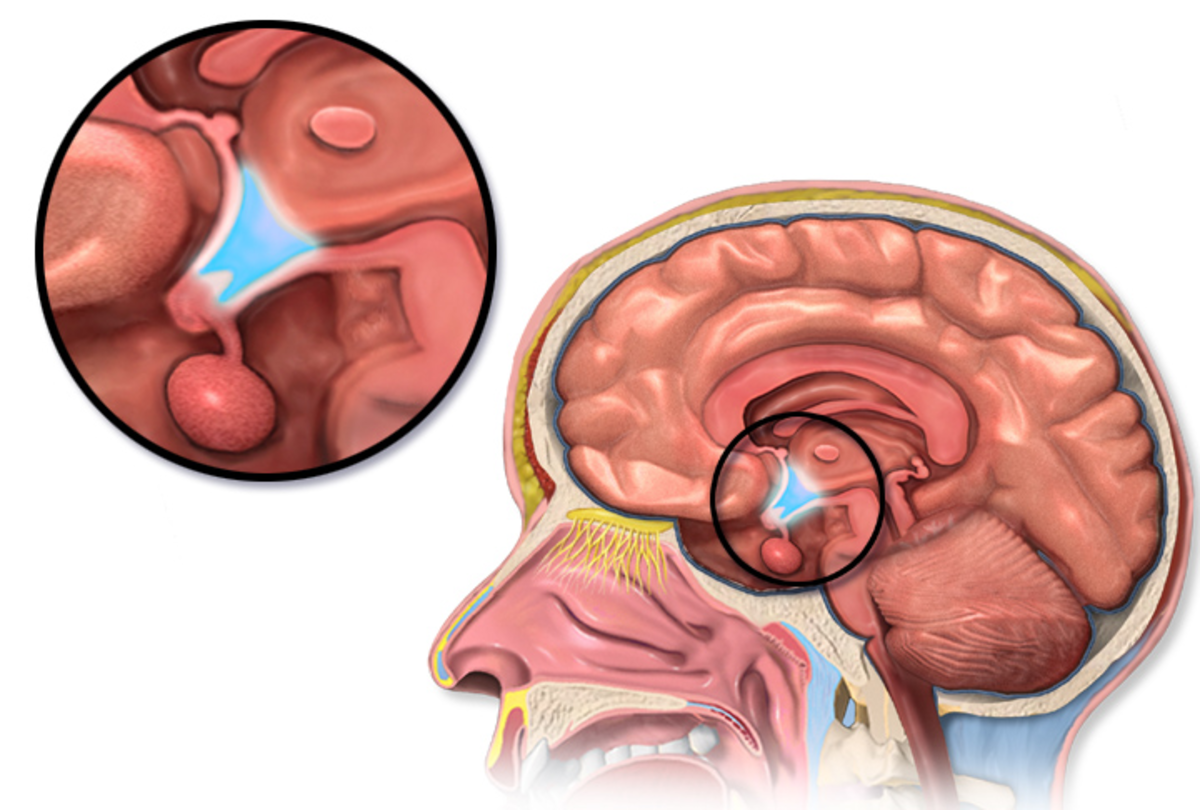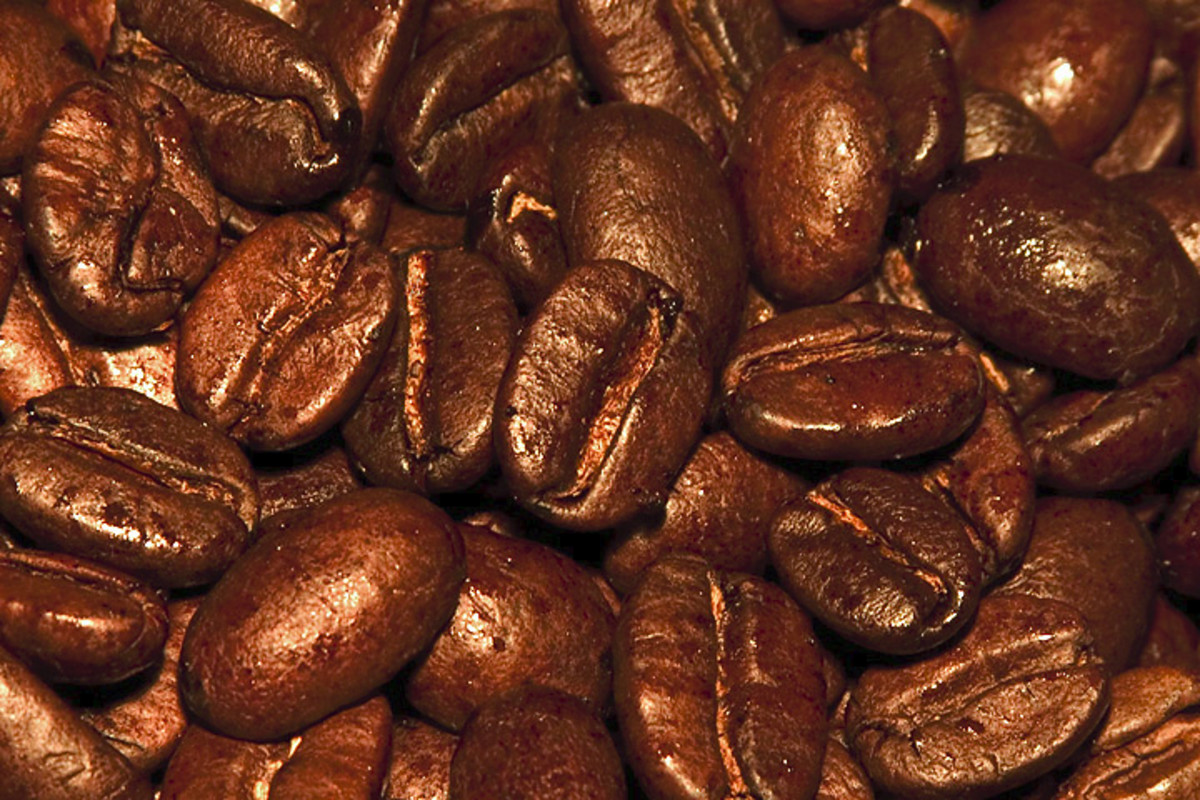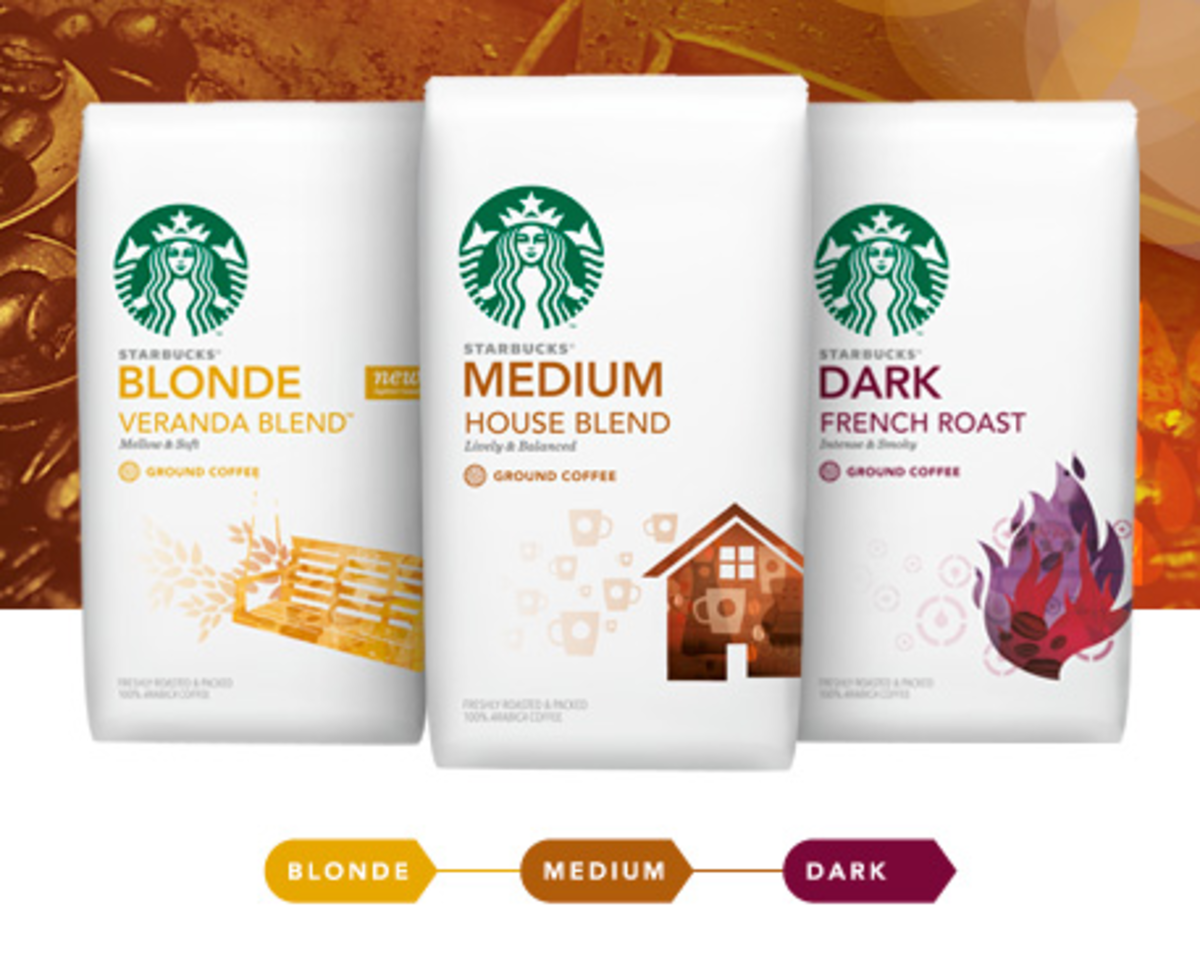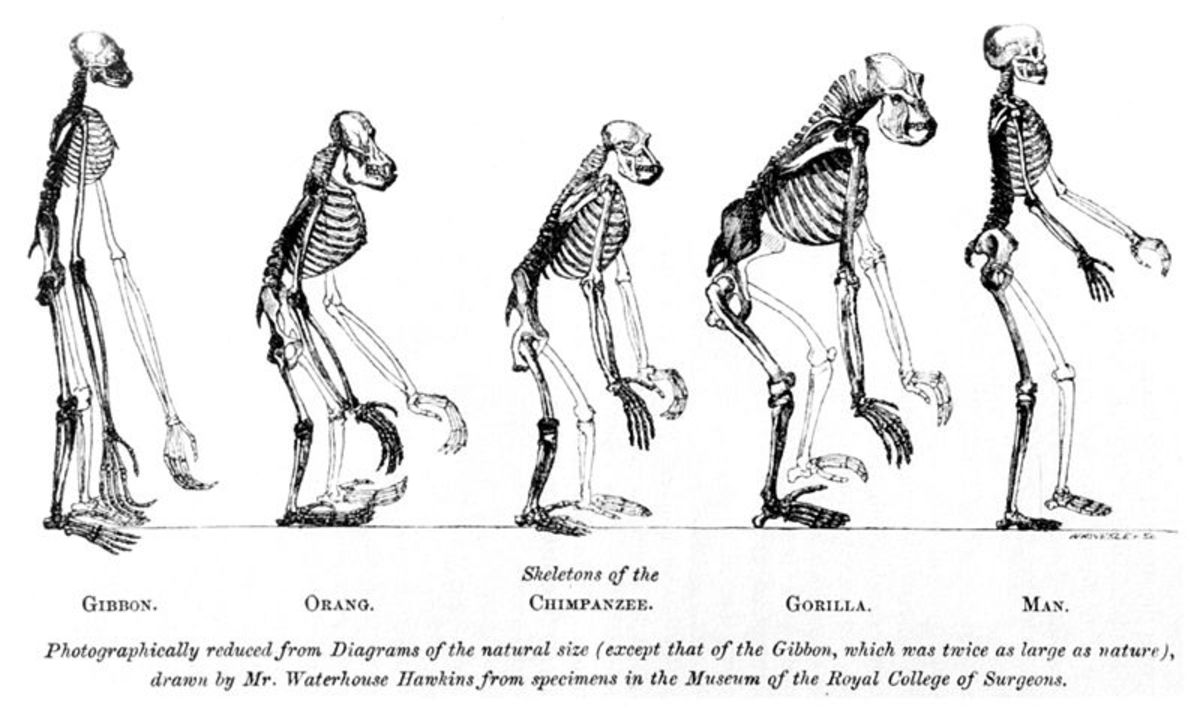How Does Caffeine Even Work?

While caffeine is widely known to be present in coffee, it’s also found in tea, sodas, energy drinks, and even chocolate. We’re quite familiar with the idea that caffeine helps you stay awake and alert: what says all-nighter more than a pile of used coffee cups and energy drink cans? But how exactly does this work?
Well, to answer this question, we'll have to go a little deeper than the basic coffee=energy. So I hope you're ready for a little science lesson.
Caffeine and the Brain
Let’s dive into some biochemistry. Inside your brain lies a series of receptors. Each is designed to accept certain hormones coming from the rest of your body. This is one way for your brain to communicate with the rest of the body. One such hormone is adenosine.
Adenosine is the “sleepytime” hormone. Whenever you’re awake, your body slowly sends adenosine to the brain. As the adenosine slots into its custom-made receptors, you gradually become more and more drowsy until you eventually feel compelled to get some much-needed rest.
Caffeine just so happens to a similar enough chemical structure that it fits nicely right into those adenosine receptors. Blocking off the brain from the signals from the adenosine, you’ll begin to feel more awake and become drowsy slower. But now the brain has a conflict: time is passing and it’s not finding any adenosine. “There’s only one situation that could cause this,” your brain decides, and declares a state of emergency and releases the “flight or fight” hormone, adrenaline.
What Is Adrenaline?
Well, adrenaline is actually a nickname, biochemists would tell you the official name of this chemical is “epinephrine”. Unless it was in trouble with its mom, who’d call it by its full name: dihydroxyphenylmethylaminoethanol.
Adrenaline prepares your body for dealing with stress or threats by a variety of effects: increased heart rate and blood pressure, slowing digestion, redirecting blood flow to muscles… all of this has the effect of making you more alert, more physically ready: more “awake.” For those of us who partake in a morning coffee to get going, this spike of adrenaline is enough to get us moving which gives us the wakefulness we need to continue on through our day.
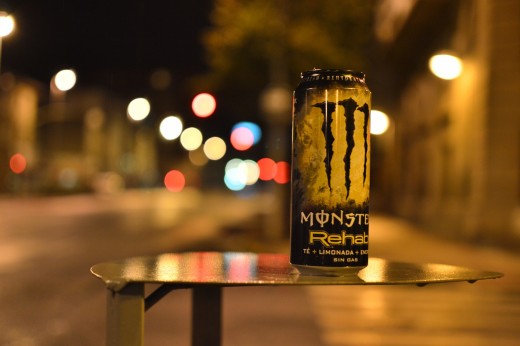
So Why Does Caffeine Make Me Feel Good?
In addition to any personal connections or daily rituals that can make you feel at peace or at ease when drinking coffee, there is also a chemical reason. Caffeine shares a similar chemical structure to a less innocuous family known as amphetamines – with notable members such as cocaine and meth. Much like these more notorious drugs, caffeine slows your brain’s dopamine uptake rate. Among other hormones, dopamine is the little chemical responsible for you experiencing happiness. This means that, while caffeine is affecting your brain chemistry, you stay happier longer. On the flipside, however, your brain slowly becomes accustomed to these higher dopamine levels, leading to crankiness or feeling deprived when you return to a more regular function of your dopamine reuptake. This leads both to the classic “coffee-deprived” grouchiness and to a very real caffiene addiction. If you find yourself reaching for that next cup of joe more out of habit than choice, it might be a good time to check youself and make sure you aren’t developing an addiction.
So Should I Avoid Caffeine?
Certainly take caffeine in moderation, too much of a good thing is always a problem. But don't be too worried about the negative effects of caffeine, because researchers in brain health have found evidence pointing to the long-term benefits of caffeine on the brain, including a reduced risk for Alzheimers and Parkinsons, and improved long term memory recall. Caffiene may have health benfits beyond the brain as well, with studies suggesting an increased resistance to type 2 diabetes and skin cancer tied to caffiene consumption.
So next time you’re pulling an all-nighter or need that extra jolt to get going in the morning, you’ll have a little bit more solid an understanding of exactly how that cup of java or can of energy drink will effect your brain and your body.
Thanks for reading, and stay curious, my friends!

